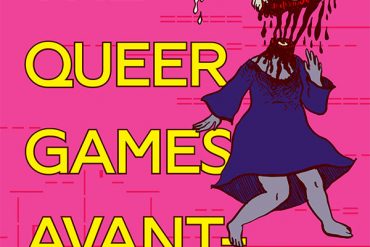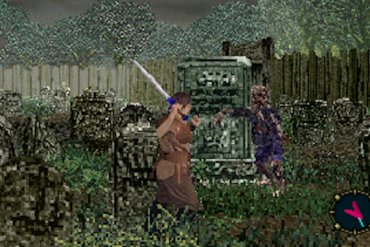November 2020
…captions)
Our next picks consider videogames and history from within the political moment. Intelligame thinks about Pendragon’s portrayal of restoration and hope in the context of the US Election Day, 2020. (Autocaptions) Kyle Kallgren looks at the 1940s-60s messaging around nuclear weaponry which influenced the aesthetic of the fallout series, and how the perpetual trauma of misinformation resonates in this time of pandemic. (Manual captions) Backward and Forward
…











